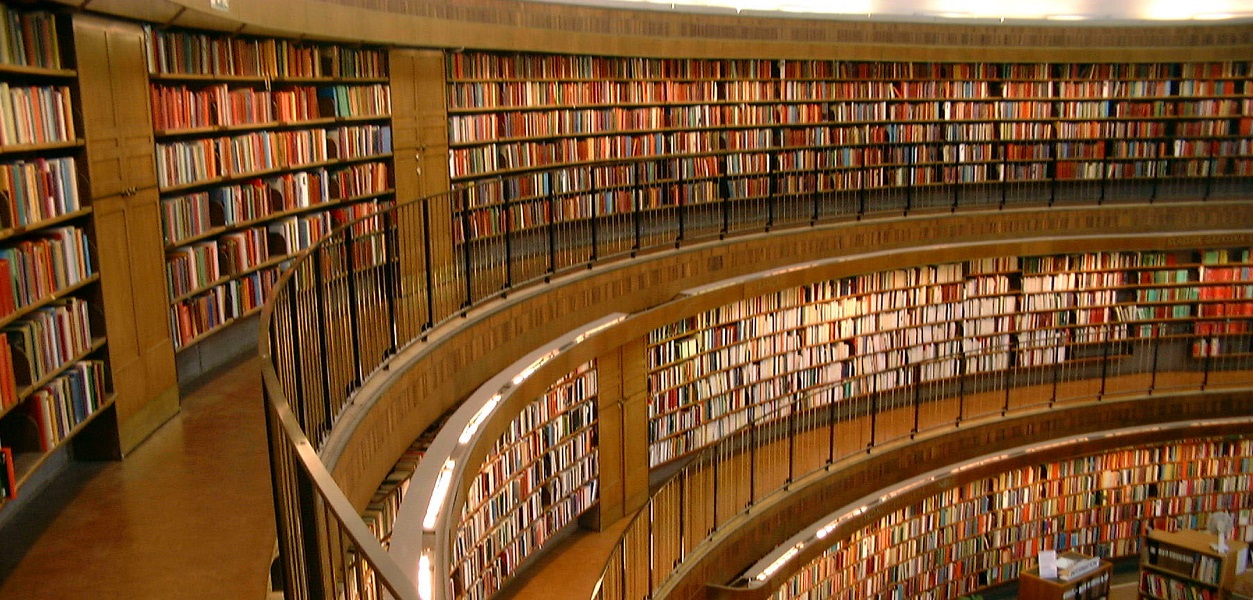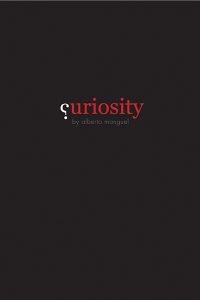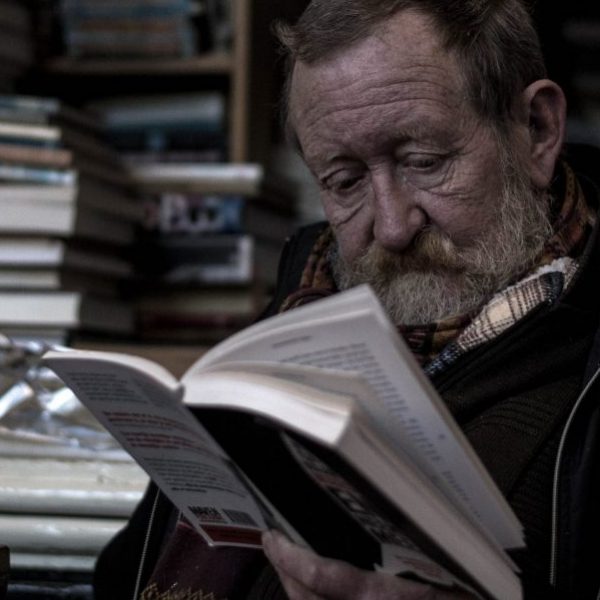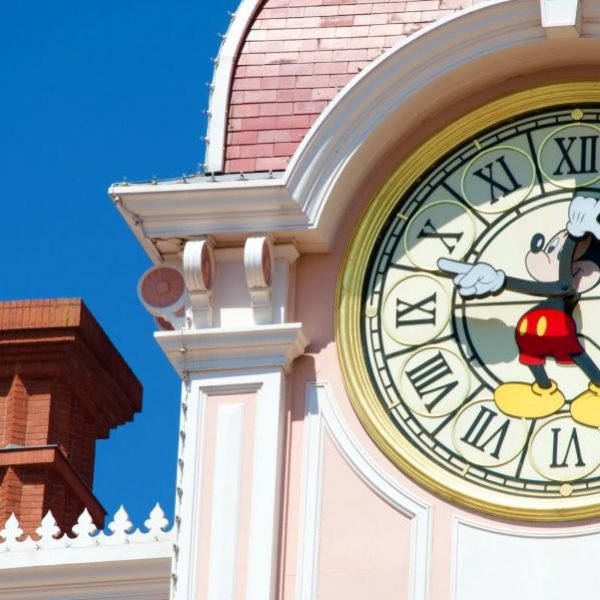The Ceaseless Curiosity of Alberto Manguel: An Interview with the Reader
What drives us to learn? How do books help us understand the world? How does language fail us? We sat down with reader and writer Alberto Manguel to satisfy our, well, curiosity.
Yale University Press: How much do your personal experiences affect what you write about?
Alberto Manguel: I’m not a scholar, so my entire experiential world is personal. Whether the encounter with others or the discovery of places in which I’ve travelled, whether the books I read or those I have imagined, everything is filtered through what I am, for better or for worse.
YUP: What has been your greatest inspiration in writing Curiosity?
AM: I would have to say that I’m always inspired by my own questioning. I’m always amazed by how many things I don’t know, by the vast, seemingly endless space that extends beyond every door I open. I’m hardly ever certain of anything. And as soon as I’m told something, something else in me wants to question it. As a child, I could never bear to be told “do this” or “don’t do this” without immediately thinking “Why? What will happen if I do—or don’t?” I keep asking those questions.
YUP: What is the most important thing you want your readers to get out of reading this book?
AM: Every reader gets out of a book something different, something utterly personal. It would be impertinent of me to tell readers what to get out of a book. Dante read Virgil and it inspired him to become a poet; the murderer of John Lennon read Catcher in the Rye and it inspired him to kill John Lennon.
YUP: How does Curiosity differ from your other works?
AM: I hope it’s a more focused, less distracted a book than my other books. I hope that it shows more clearly than my previous books the relationship I believe exists between reading and living, between literature and the world we call real.
YUP: What have you been the most curious about both growing up, and when you started writing?
I would say that, both growing up and starting to write, I was curious about who it is that I am, who is this creature that I call “I.” I’m still curious about that. And I still don’t have a satisfactory answer.
YUP: How important is it to ask questions in today’s society?
AM: Essential—as it has always been. We live in societies that want us not to think, to accept the quick and easy, to buy into commercial and religious and political propaganda without questioning, without asking that essential question we’ve inherited from ancient Roman law: “Qui bono?” “Whom does it benefit?” I believe that asking questions would temper the stupidity encouraged in us by the systems that want to govern us.
YUP: Your book focuses a lot on Dante’s Divine Comedy and his journey through the realms of the Otherworld. Do you think people living today parallel his exploration and confrontation of truth in their everyday lives?
AM: No, of course not. Dante’s poem is unique in the histories of literature, and no one since has undertaken anything akin to his imaginative journey. We explore in other ways, we imagine other realms. But we are not Dante.
YUP: How integral is the use of language in the process of gaining knowledge or satisfying curiosity?
AM: Language is a weak instrument, but it is the only one we have. We can never transmit our thoughts and ideas fully, we never make ourselves understood fully, clearly, exactly. Always, on every occasion, words fail us. Every time we conclude “You know what I’m saying,” every time we ask “Don’t you see what I mean?” we are acknowledging the failure of language to communicate. In spite of this, we must continue to try: otherwise we condemn ourselves to silence.
YUP: In one of the chapters, you introduce the reader to Isaias Lerner, who made quite an impression on you as a college professor. Were there other people who engaged or pushed you in a way to work towards a deeper understanding of the world and the people in it?
AM: Of course. There were many. The great Argentinian writer Jorge Luis Borges, for whom I read out loud because he was blind, taught me much about the freedom of readers to choose and reject, to group authors that many consider dissimilar and not to believe in official categories. The remarkable Dutch writer Cees Nooteboom taught me to think about the world with honesty and a certain whimsy. Margaret Atwood taught me the value of political thought through fiction and humour. And many others…
YUP: What advice would you give to aspiring authors?
AM: I would advise this: never take advice from another writer.
Alberto Manguel is a Canadian writer, translator, editor, and critic, but would rather define himself as a reader. Born in Buenos Aires, he has since resided in Israel, Argentina, Europe, the South Pacific, and Canada. Today he lives surrounded by more than 30,000 volumes.
Further Reading:



























